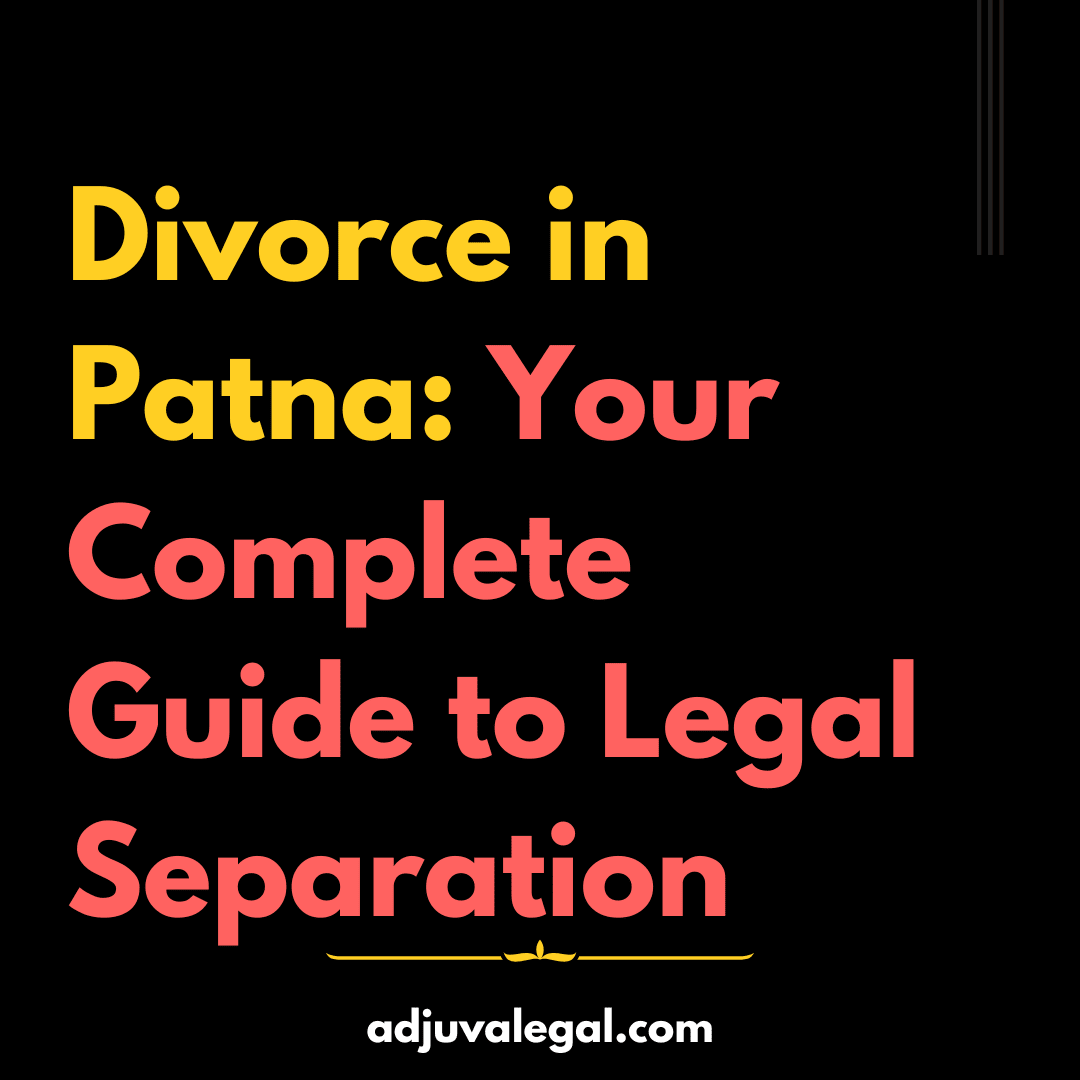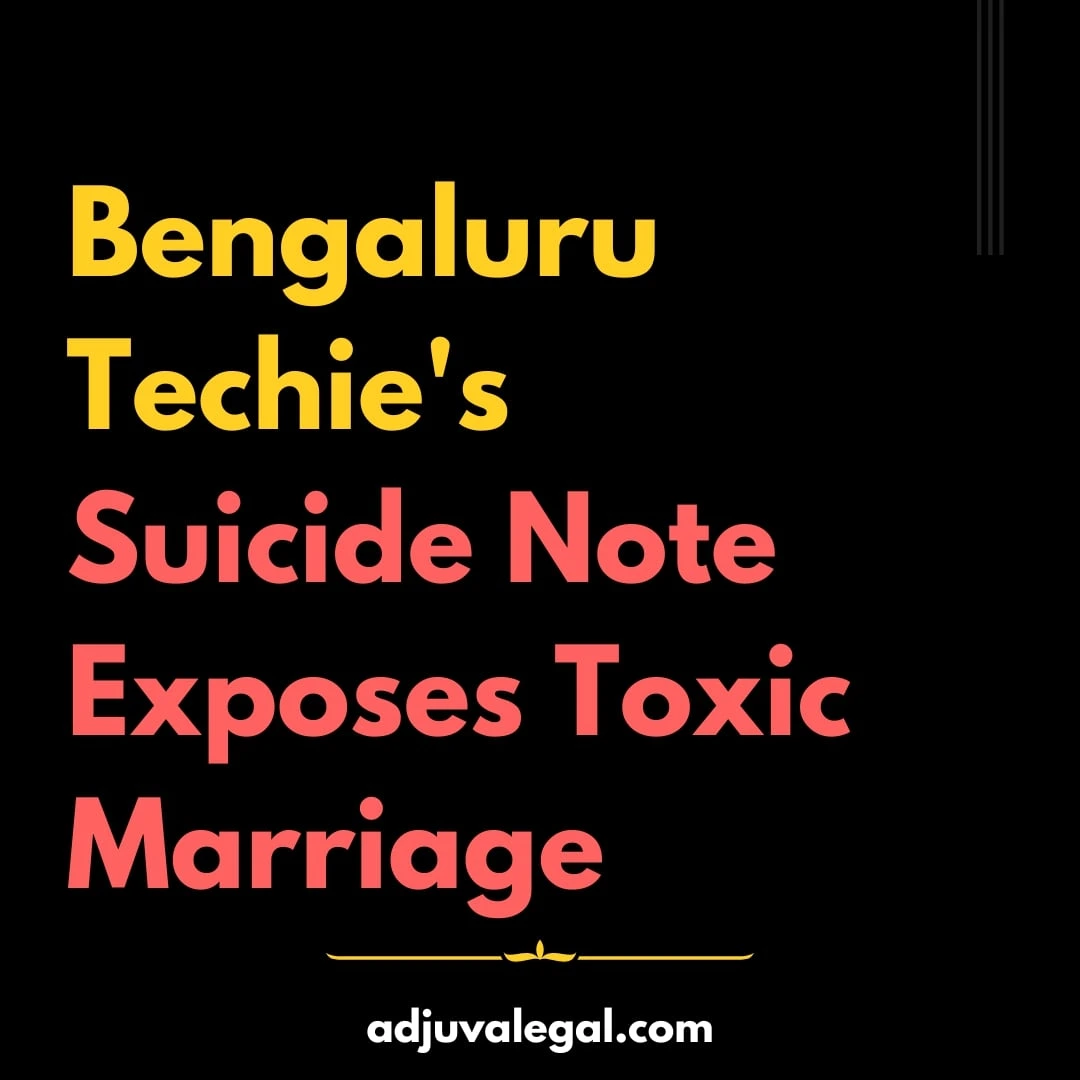Background
The extra-judicial divorce in Muslim Law has always been a matter of debate. The pendency of cases became an issue of harassment for the parties. Pronouncement of Talaq through talaq-e-tafweez and khula is unilateral in Muslim Personal Law and is an accepted form of talaq. However, mubarat requires an agreement between both parties to dissolve the marriage.
None of the modes requires any leave of court. In the case of khula and talaq-e-tafweez the family court has restricted jurisdiction to try the case after conducting an inquiry. The inquiry can be performed after any petition filed under Section 7(d) of the Family Courts Act, 1984.
Section 7(d), Family Courts Act, 1984
Subject to the other provisions of this Act, a Family Court shall have jurisdiction to try-
(d) a suit or proceeding for an order or injunction in circumstances arising out of a marital relationship.
Opinion of the Court
The Kerala High Court referred the judgment in the case of X v. Y ((X v. Y, 2021 (2) KHC 709.)) where the court stated that the Family Court under section 7(d) of the Family Courts Act, 1984 has jurisdiction to entertain the petition to check the validity of an extra-judicial divorce done under Muslim Personal Law. However, the court can exercise limited jurisdiction in the case of unilateral divorce like khula and talaq-e-tafweez.
A court in the case of mubarat can declare it as an uncontested matter as it can be presumed that both parties have given their consent. The court stated that the family court has to check if the pronouncement of unilateral talaq has been duly made and if all efforts for a conciliation have been incorporated. It has to intervene if the proposal of returning the dower is made by the wife in the case of Khula.
The Court further stated that no detailed inquiry is required in the matter of extrajudicial divorce under Muslim Personal Law as it has its own authenticity. The court can endorse the validity only for the sake of public records.
Guidelines
In the case of Asbi. K.N v. Hashim. M.U ((ASBI.K.N v. HASHIM.M.U, 2021 SCC OnLine Ker 3945.)) the division bench of Kerala High Court comprising of Justices A. Muhamed Mustaque and Kauser Edappagath formulated certain directions referring to family court for timely and quick disposal of cases seeking judicial intervention in the divorce through extra-judicial mode.
The guidelines are mentioned below:
(i) On receipt of the petition, the Family Court shall issue notice to the respondent.
(ii) After service of summons or appearance of the respondent, as the case may be, the Family Court shall formally record the statement of both parties. The parties shall also be directed to produce talaqnama/khulanama (if pronouncement/declaration is in writing)/ mubaarat agreement.
(iii) The Family Court shall thereafter on perusal of the recitals in talaqnama/ khulanama/ communication of talaq, khula or talaq-e-tafweez (if available) and the statement of the parties, ascertain whether there was a valid pronouncement of talaq/khula/talaq-e-tafweez. In the case of mubaarat, the Family Court shall ascertain whether the parties have executed and signed mubaarat agreement.
(iv) On prima facie satisfaction that there was a valid pronouncement of talaq, khula, talaq-e-tafweez, as the case may be, or valid execution of mubaarat agreement, the Family Court shall proceed to pass an order endorsing the extrajudicial divorce and declaring the status of the parties without any further enquiry.
(v) The enquiry to be conducted by the Family Court shall be summary in nature treating it as an uncontested matter.
(vi) The Family Court shall dispose of the petition within one month of the appearance of the respondent. The period can be extended for valid reasons.
(vii) If any of the parties is unable to appear at the Court personally, the Family Court shall conduct an enquiry using a video conferencing facility.
Author – Khushi Shukla, a student of Indore Institute of Law.
Disclaimer: The opinions expressed within this article are the personal opinions of the author. The facts and opinions appearing in the article do not reflect the views of Adjuva Legal and Adjuva Legal does not assume any responsibility or liability for the same.







